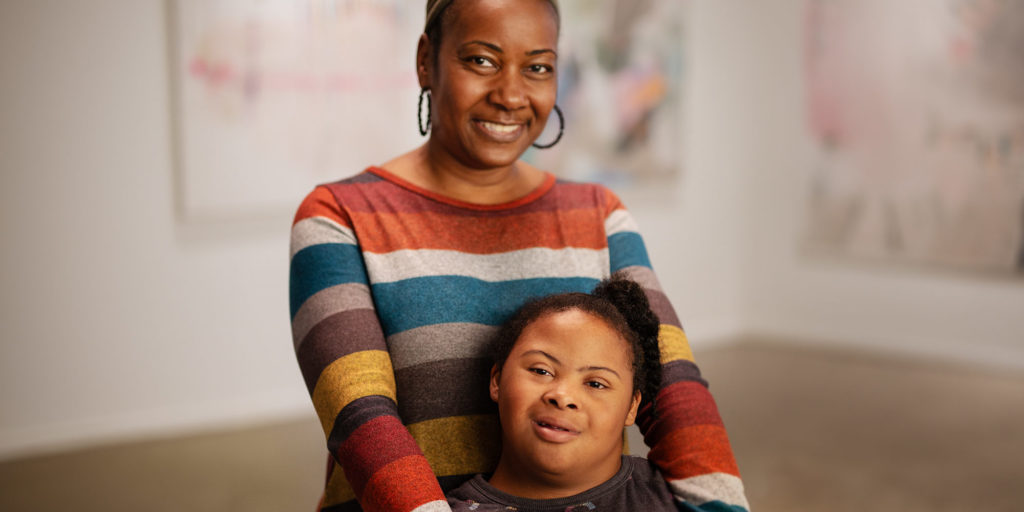Home / Disability / Potential Employers
Benefits of Hiring Someone with a Disability
You can help build an inclusive workplace
Whether you are a business owner, a non-profit leader, or are involved in hiring in the community, you have the opportunity to help champion adults with disabilities by including them in your workforce.
Compared to non-disabled employees, those hired who have a disability have:
In fact, hiring disabled workers means you:
Inclusion starts with you!
Let us help you hire your next awesome employee!

Foster care is the temporary placement, by the Michigan Department of Health and Human Services, of a child who has experienced abuse or neglect and been removed from their home. The purpose of foster care is always to reunify children with their parents once it is safe and stable. As a foster parent, you should be committed to helping the child in your home reunite with their parents or another family member if possible. If reunification is not an option, children become available for adoption. However, almost half of the children in foster care are returned home or to a relative.
Children in foster care come from varying backgrounds and range in age from birth to 18 years. All children in foster care have experienced at least some level of trauma as a result of neglect or abuse. Some have never known a stable home. Regardless of a child’s past, the best path to their healing is a loving and committed foster parent who can support them and meet their needs while they wait to be reunified with family.
To qualify, you must be at least 18 years old, financially stable, and able to meet the needs of the children placed in your care. There is no minimum income or education requirement. You will be required to complete a home study assessment, background clearances, and training. These requirements help ensure that both you and your home are ready to provide a safe, loving, and stable environment for a child in foster care.
On average, the licensing process can take anywhere from three to six months depending on how timely you are about completing paperwork and training.
Absolutely! Whether you are single, married, or in any kind of relationship, we need caring foster parents. We welcome all types of families to join us in caring for vulnerable children and youth.
Owning a home is not a requirement to be a licensed foster parent as long as your home or apartment complies with licensing requirements to ensure it is safe and welcoming for a child.
When you accept a placement of a child into your home, you won’t know the length of their stay. A placement can last anywhere from a few months to two years, and sometimes even longer. Our team provides support and communicates with you throughout the child’s entire stay in your home. The best thing for a child is to stay in one stable foster home for the duration of their time in foster care so we encourage foster parents to take saying “yes” seriously.
Reunification is the heart of foster care. If your foster child’s case moves toward reunification, your caseworker will communicate with you and walk you through the process. This transition is certainly bittersweet. When a child is returned home after being in foster care, our foster parents can know they’ve made a positive difference in a child’s life and helped a family stay together safely.
This year, 1,600 youth over 18 will “age out” of foster care. If these youth do not have identified guardians or adoptive families in place, they can be left without the support needed to live on their own. We partner with foster parents and other supporters to provide Independent Living Services to youth ages 16-21 to help them prepare for life as a young adult. These services can include job training, housing assistance, mentoring, health services, and other independent living skills.
Disability
Service Locations
Click to browse Disability Services by location.

Let's Get Started!
Contact us today for additional information!
Our team is here to answer your questions and connect you to the care you or a loved one need.



